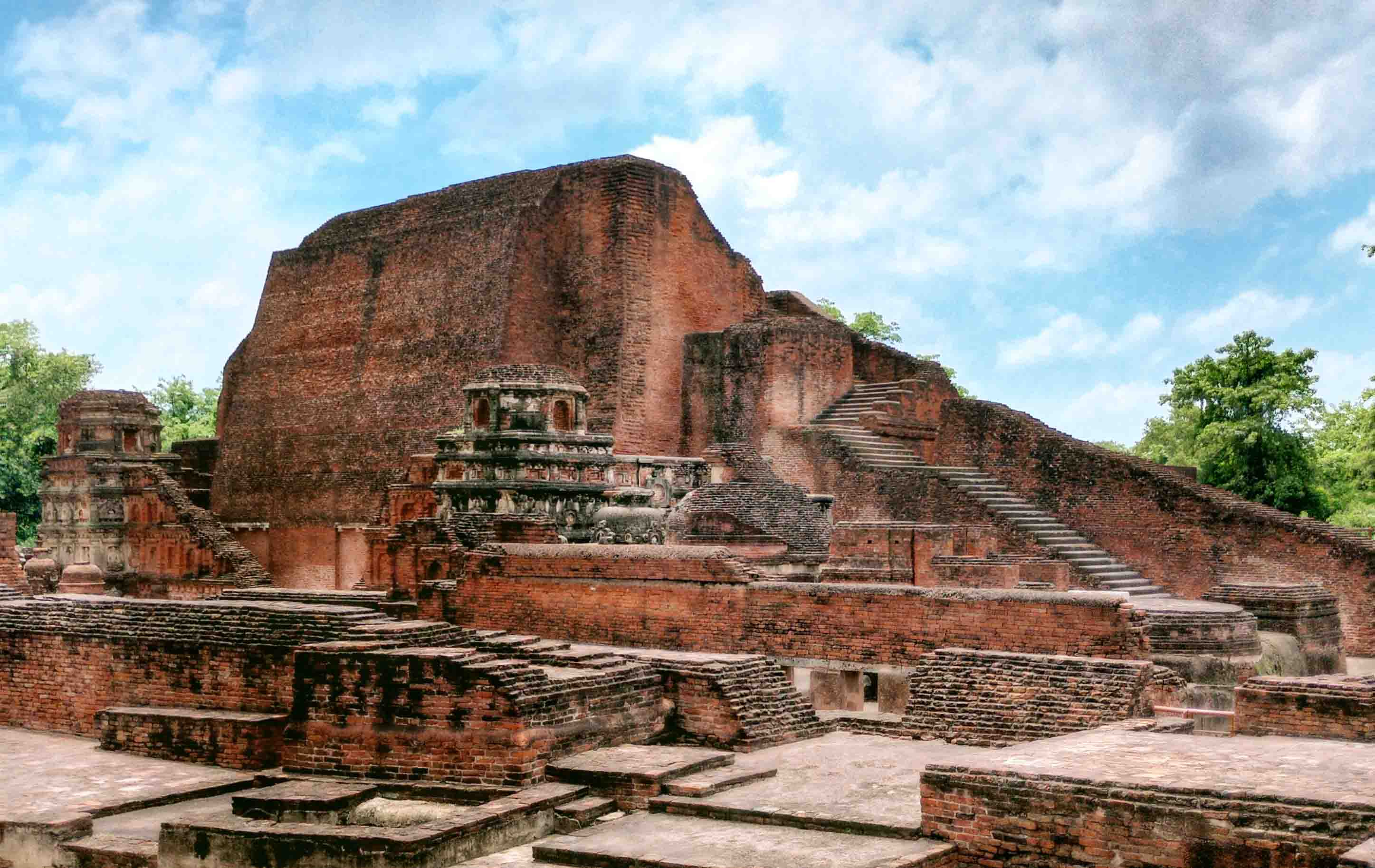One of the most compelling aspects of this book is its meticulous historical documentation and research. The author provides readers with a thorough and detailed account of Nalanda's foundation, its academic curriculum, its notable scholars, and its cultural impact not only in India but also throughout Asia and beyond. This scholarly approach ensures that the book serves as a valuable reference for those interested in the history of education, Buddhism, and ancient India.
The book masterfully captures the intellectual vibrancy of Nalanda, shedding light on the intellectual pursuits, debates, and exchanges that took place within its walls. It brings to life the atmosphere of scholarly rigor, where students and teachers engaged in the pursuit of knowledge, contributing to the advancement of human understanding across various fields.
Moreover, "Nalanda" underscores the profound influence of Nalanda not only on the academic world but also on the broader cultural and religious landscape. It examines how Nalanda played a pivotal role in the spread of Buddhism and the preservation of sacred texts.
However, for some readers, the level of detail and the academic tone of the book may make it a bit dense and challenging to engage with. It is best suited for those with a genuine interest in history and a willingness to dive deep into the subject matter.
In conclusion, "Nalanda" is a significant and scholarly work that offers a comprehensive exploration of the ancient university's history, culture, and intellectual contributions. It serves as a testament to the enduring importance of Nalanda in the annals of human civilization. While it may not be light reading, it is an invaluable resource for those eager to gain a deeper understanding of the profound impact that this illustrious institution had on education, religion, and the exchange of ideas in ancient India and beyond.




Comments (0)